Kevin Baron?(Defense One):?You talked a lot about what you want the United States to do to reduce tensions. But can you talk a little bit about what China is going to do to change perceptions?here?as you?mentioned earlier? You see the fear of China ramping up?in?the political discourse. In fact (inaudible) FBI?Director Christopher Wray?says?in all 50 states, there are active espionage cases against the Chinese,?with all sorts?of spying and industrial?espionage. And as you mentioned in the political sphere, there is a little battle over what Americans should think about China, whether you can do business with China, in what direction people are?supposed to go.?What's China going to do?to convince more Americans that they are not a threat,?and they should?not?feel a threat,?by all of these different,?these rhetorics?that Americans are hearing from their own security officials and their own security news, and what they're seeing in places like Hong Kong?where?China has removed or forcibly ended democracy and imposed?its own system or what it wants?
Ambassador Qin Gang:?You mentioned?the Director of FBI’s?allegations?that?China?is doing espionage. This is a typical?presentation?of the fear of?China. Espionage activities?of?China in 50 states?— do you believe it??Do you have any evidence or proofs??You should not?mistake?normal exchanges and interactions as?spying. This is a typical threat-phobia. It scares?people, scares?Chinese people, young people. It scares Chinese communities, and also scares American people doing business?and having people-to-people?exchanges. It’s?ideologically?driven.
You asked?the question of Hong Kong. Let me say?a few more words.?The turbulence in Hong Kong was not caused?by any problem with?“One Country, Two Systems”. It was caused by some anti-China forces, who used “human rights” and “democracy” as a pretext, to manipulate the concept of “One Country, Two Systems” and undermine Hong Kong’s stability and prosperity.
Hong Kong’s turbulence was a struggle between secession and anti-secession. Those anti-China forces instigated chaos in Hong Kong, with the support of external forces, to create trouble for China. They asked?for “two systems” without the “one country”. Some people even held high the Union Jack, or the Stars and Stripes in Hong Kong, chanting “two countries,?two systems”, and demanding “Hong Kong independence” or return to British colonial rule. Under such circumstances, China’s?central government had to defend national sovereignty, security and development interests, and safeguard Hong Kong’s long-term stability and prosperity.
Hong Kong’s turbulence was a battle between violence and anti-violence, between law violation and law enforcement. Since the turbulence over proposed legislative amendments in 2019, Hong Kong experienced?serious violence, vandalism, arson, traffic obstruction, attacks of police and assault on?citizens. Some extremists even stormed the building of Hong Kong Legislative Council. The damage and danger they caused far exceeded the January 6 incident. They?seriously jeopardized?Hong Kong’s security, stability, economy, democracy and even people’s lives. You can search for videos of their violent activities on Youtube. You will know that this is never about democracy. This is never a “beautiful sight to behold”, as Nancy Pelosi called it. Their activities are?absolutely crimes. They are?violence.?The U.S. is doing a reckoning over?the January 6 incident. Likewise, Hong Kong will not allow such violent crimes.
Facing the?turbulences in 2019, China’s?central government has decisively introduced the Hong Kong national security law,?improved?the electoral system of the Hong Kong Special Administrative Region,?and?adopted?the principle of “patriots governing Hong Kong”. We have taken a host of measures to uphold and improve the “One Country, Two Systems”. As a result, Hong Kong has realized a major shift from chaos to stability. The “One Country, Two Systems” has returned to the right track.
Let me emphasize this. Such a shift has proved that “one country” is the premise and basis of the “two systems”,?and the “two systems” are?subordinate to and derived from “one country.” Doubts of “One Country, Two Systems” are short-sighted. It’s too early to say that. Those doomsayings about?“One Country, Two Systems” are doomed to fail. We believe that with “One Country, Two Systems”, Hong Kong will enter a new era, with vigorous economic and social development and sound governance. I just read a figure,?a result of a poll that?the American business?people's confidence in Hong Kong grew by 18% this year?compared to last year.
Iain Marlow?(Bloomberg):?I was actually previously based in Hong Kong until Christmas, and I saw some of my Bloomberg colleagues this morning saying that banks in Hong Kong are now offering hardship?money to people to encourage them to move to Hong Kong, because no one wants to come anymore, because of zero-Covid?policies.?And I was wondering if you could describe a little bit about your vision or?how long these measures are gonna be in place. And I'm not talking just about Hong Kong, but in China.?We've seen?Condoleezza Rice?at the Aspen Forum sort of mock the zero-Covid?policy and,?in terms of it, beginning to hit at?China's political reputation,?saying that?no one wants to replicate China anymore because of these sorts of restrictions that you put on people.?I'm wondering if you could give a sense of?how long you see these measures being in place and whether you view them as having any negative impact on China's standing in the world or China's integration with other countries, whether that's in Asia or?across the world?
Ambassador Qin Gang:?I don't understand for what reason Condoleezza Rice?mocked China's approach to tackle Covid. This country has the world record?of the highest number of infections, the highest number of deaths. Why?she mocked?China??Given?China's size and population, our work on Covid has been successful and great.?You're seeing the?number of deaths and infections which are pretty small and seeing?that China's economy coming back,?experiencing very strong recovery. This is because China puts people in the center of its?governance,?and the Communist Party of China implements?its mission, which is to serve the people wholeheartedly?during their?efforts to confront?Covid.?We call our approach?as the “dynamic zero-Covid” policy. It's dynamic and it's not rigid. We readjust?our?policy according to circumstances, particularly the degree of?the spread of Covid. It protected people, it protected China's economy, and it protected?the global supply?and industrial chains.?If China suffers severely from Covid, think about the consequences. China is still manufacturing and providing?a variety?of products to countries?around the world, including the United States,?at this difficult time.??Of course?like in all the countries, Covid has?caused?great difficulties to traveling and to?people's lives. It’s?understandable. China is no exception. So we hope that the situation of Covid will get relaxed sooner, so that people?can enjoy their normal life, economic activities?can be brought back and traveling?can be restored, which is?so important at this moment, because we have?tensions between our two countries?and we need more interactions, so that people can have correct mutual understanding.
Evan Osnos?(The New Yorker):?Can I have a question of?the Taiwan issue again, about the timeline? President Xi Jinping has said this is not an issue that we passed from generation to?generation. I'm curious if the events of the last year or two, the conditions in the U.S.-China relationship or more broadly in?the world have accelerated that timeline in any way? There was a report recently that some in the U.S.?assessed that it may have accelerated China's timeline for reunification. I'm curious if that's the fact.
Ambassador Qin Gang:?I don't know if there is any specific time, but I do know?there is a will. There's a prospect for peace reunification. There’s a will of?more than 1.4?billion Chinese?people for?reunification. As what we said in the just published White Paper?on the?question of Taiwan, the question of Taiwan?was caused because?of a weak and chaotic China, and must be resolved in the course of national rejuvenation. This is a prospect. And I don't know?if?there?is a timeline. I think that people are over-nervous about it. And there are lots of speculations?on that, which I have found baseless.
Evan Osnos:?I have to follow up just briefly on that. In the event of reunification, how does China anticipate the international reaction to unfold? You expect that the international community would embrace this development or reject this development? And are you prepared to handle the consequences?
Ambassador Qin Gang:?You mean?the consequences?for what?
Evan Osnos:?If for instance, the rest of the world isolating?China or international businesses respond by withdrawing there?
Ambassador Qin Gang:?Why they want to?isolate?China??
Josh Rogin:?If you attack them.
Ambassador Qin Gang:?There's no such a?presumption.?In the first place, Taiwan is a part of China. The question of Taiwan is a purely internal affair of China, which brooks no foreign intervention.?Secondly, as I mentioned earlier, the mainland will pay the utmost?efforts in great sincerity to achieve peaceful reunification.?they use non-peaceful means only under the circumstances that Taiwan?declares?independence by?a handful of separatist?forces and?the intervention of foreign forces. Whatever happens, this is purely an internal affair. You mentioned the international community.?Let me say this, there are 181 countries having diplomatic relations with China?based on the one-China principle.?The overwhelming majority?of the?international community?are supportive and accept?the one-China policy.?On Nancy Pelosi’s visit to Taiwan, more than 170 countries (and international organizations) have voiced support for?the one-China principle. They take 80% of global population. China has followed international law and basic norms governing international?relations. Why countries criticize or isolate?China?because of an internal affair?of China? ?So I didn't find any legal and practical basis for that.
Michael Martina?(Reuters):?I can follow up on the notion of the?U.S.?transits of?the Taiwan strait. We have every expectation to believe that U.S.?will continue to sell weapons?to Taiwan as well,?in the near?future.?You said that China will respond to that,?as in the past?years?of actions. But in this post-Pelosi sort of world, we expect that China will take stronger?and more aggressive response to these actions than?it has going back years.
Ambassador Qin Gang:?In the past years,?the United States?has sold?many weapons?to Taiwan?which is in violation?of the commitments in the three Sino-U.S. joint communiques, particularly the joint communique?of?August 17, 1982.?Tomorrow will be the 40th anniversary of the August?17 Joint Communique.?We need to read some history. They say?that people now have?no interest in history?or in law.?And?that's how?we are in?this. Let me read the sentences?in the August?17 Joint Communique:?“The United States Government states that it does not seek to carry out a long-term policy of arms sales to Taiwan, that its arms sales to Taiwan will not exceed, either in qualitative or in quantitative terms, the level of those supplied in recent years since the establishment of diplomatic relations between the United States and China, and that it intends gradually to reduce its sale of arms to Taiwan, leading, over a period of time, to a final resolution.”?So 40 years, too long. Has the U.S. resolved this over the past 40?years? No. We haven't seen the United States honor?its?commitments. They are?still going on, the arms sales. The quantities are more,?and the qualities?are more sophisticated. This?is?written in black and white?in the international document. The United States government?has reneged?on this commitment. So?of course?we are opposed?strongly to arms?sales from?the United States. This is the?move to change the status quo. This is the move?to create tensions.?And this is the move to obstruct our efforts to achieve peaceful reunification.
David Lawler?(Axios):?I have another question on?“One China Two?Systems”, but just quickly, you said the overwhelming will of the Chinese people is for reunification. I wonder if you accept that based on the many polls?in elections that the overwhelming will of people in Taiwan at present?—?I know you said you want to change that?—?but at present is not to be unified?by China.
Ambassador Qin Gang:?Let me emphasize this, no matter?how different the political systems are between?the?mainland and Taiwan, the historical fact that both sides belong to one and the same China remains unchanged and will never change. And the fact that people on both sides of the Taiwan Strait are Chinese remains unchanged and will never change. We share the same root, cultural heritage, and national identity. We fully understand Taiwan has been separated from the motherland for decades. We fully understand the (different) political and social systems. We fully understand the sentiments of Chinese people in Taiwan. So that's why we have designed the policy of “One Country, Two Systems”. That is to accommodate the differences and accommodate the realities and people's sentiments. This is democracy. This is a great invention in the world. Can you imagine that any place in the United States has a different political, social system? Although I do understand the federal and local differences, your overarching system is the same. In Taiwan, we have shown great goodwill and tolerance to usher in peaceful reunification. The current political system can continue (after reunification). “Two systems” is democracy.
David Lawler:?Which leads me to my next question. You said “One Country, Two Systems”?still exists in Hong Kong.
Ambassador Qin Gang:?Yes.
David Lawler:?So does Beijing decide what both systems are or does Taiwan decide??For Hong Kong, obviously, Beijing is defining both?systems.
Ambassador Qin Gang:?The future solutions?to?the political systems, the Taiwan solution,?will be negotiated by people?of both sides.?It's a democratic process.?The?interests and concerns?of Taiwan will be fully?considered and accommodated based on?the principle of “one China”. When?people talk about “One Country, Two Systems”, please don't forget?the foundation and precondition is “one China”. We cannot?allow the?foundation or?precondition of?“one China”?to be denied by the “two systems”. If there's no “one country”, there?will be no “two systems”.
Iain Marlow (Bloomberg):?I was just gonna ask if you thought that Hong Kong had a helpful?input into how the?“two systems” practice in?Hong Kong. Because the national security law was sent into effect in a hurry. Even people like the Chief?Executive and?others didn't see it before it was enacted. I'm?just wondering when those of us who were in Hong Kong who saw Taiwan opinion change against China over the course of what happened in Hong Kong,?I think a lot of people in Taiwan obviously look at what happens in Hong Kong and?say, we don't want what is happening?there. So do?you think the national security law?in Hong Kong will be applied to Taiwan as well?
Ambassador Qin Gang:?Hong Kong has been ruled by British colonialists for more than 100 years. It's natural?that?for people to get used to the new reality that Hong Kong has returned to the motherland,?it takes time. Hong Kong returned to China just 25 years ago. And over the past 25 years, you can see that generally speaking, “One Country, Two Systems”, the policy is successful. There were?ups and downs, twists and turns, like what we saw 3 years ago in Hong Kong. But we learn, we draw lessons and we improve. What we are doing is improve “One Country, Two Systems”, for the benefit of the long-lasting stability and prosperity. If we make a success story of “One Country, Two Systems” in Hong Kong, it will help our compatriots in Taiwan to better understand the “One Country, Two Systems” and to better think about the future.
Nahal Toosi (POLITICO):?Let me start by how you're approaching all of this. You're sticking to?the talking points. You're often not really answering the question. It’s pretty standard, I guess,?in the?diplomatic world. I?was just curious as a Chinese diplomat, do you genuinely feel empowered? Do you feel that the Foreign Ministry has power in your system? And where do you see Chinese diplomacy going in the years ahead? Because if the U.S. and China will fight or be rivals,?wherever?diplomacy is going will be?a big credit.?Can you talk a little bit about?Chinese diplomacy?
Ambassador Qin Gang:?First of all, I'm the Chinese ambassador, not a freelance journalist?(Everyone laughs). ?I must represent my government’s positions, and the will and wish of the Chinese people. And what I said to you, actually, is heartful. I'm not telling lies, not spreading disinformation, or scaring people. I just tell you the truth and facts. I'm not always sticking to the talking points, as everybody has heard. On thorny issues of course we have talking points, like what officials of the White House and the State Department, they are doing. But I give more elaborations on our policies. And if you draw the conclusion that what I talked about are all stereotypes and rhetorics, I think that you are wasting your time. I really hope that everybody here today will find this conversation necessary and helpful. This is my wish. From my point of view, I gave plenty of information.
To answer your question, what is China's diplomacy? China’s diplomacy?is to be friendly with?the rest of the world, to better protect China's interests, as diplomacy of any other countries are?doing.?And also, China's diplomacy will work for peace, security, and common?development. Here in the United States, myself and my colleagues would?like to be a bridge?linking?Chinese and?American people.?I am?not here?in this country only talking?and?lecturing. At?this difficult?moment,?I want to listen,?communicate?with people, reach out to people of different communities, listen to people for their observations. Why our relations now is going downhill??Asking?for their?wisdom?about how can we get out of?the difficulty.?What can we do to make?our relations stable and productive?so that our?relations will not be?driven by fear, but by common interests. And I need people to help,?telling me their suggestions so that I can digest?and?I can report to Beijing. This is my role: a bridge, a listening post?and a helping hand.
Nahal Toosi:?So just be clear, you give each of us a separate interview at some point. You want to be a bridge,?sharing our?wisdom. And I'm not saying any of us are gonna give you any advice, but maybe...
Ambassador Qin Gang:?You're always welcome.
Steve Clemons (The Hill):?Ambassador, a lot of Republicans applauded Nancy Pelosi’s trip and a lot of people anticipate, perhaps the Republicans coming in to control the House. And thus you may see another Speaker of the House want to go to Taiwan quickly, maybe Kevin McCarthy, maybe another leader. How would China respond in the case of Speaker of the House going to Taiwan?
Ambassador Qin Gang:?I have noted that there was no Republican on Nancy Pelosi’s visit, although as you mentioned, they are supportive of the visit. And China has always been opposing congressional visits to Taiwan. The Speaker of the House is not a person in the street. He or she carries great sensitivity and importance. And he or she visiting Taiwan is a violation of the U.S. commitment that the United States will not maintain official links with Taiwan. I can't answer hypothetical questions. Let's wait and see. But China will make our decisions or take our actions to defend our territorial integrity and national sovereignty. I hope that Nancy Pelosi is the last Speaker to visit Taiwan.
Everyone:?Thank you, Ambassador.
Ambassador Qin Gang:?Thank you.








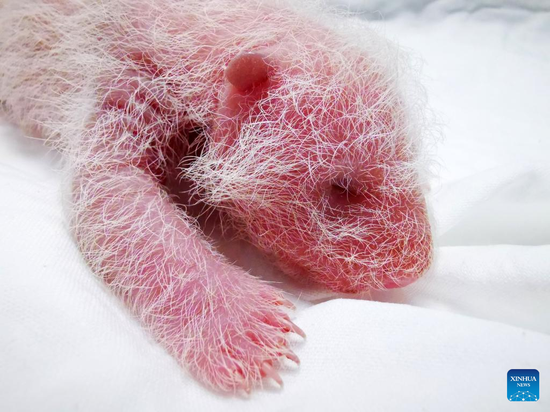
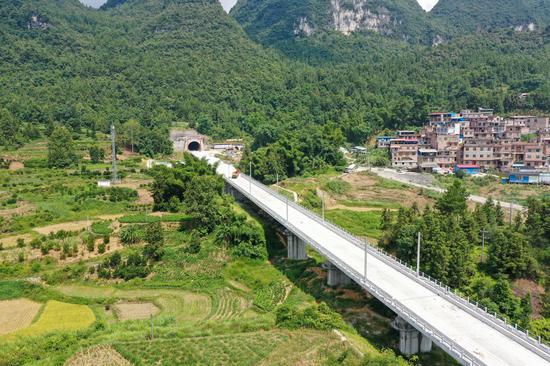
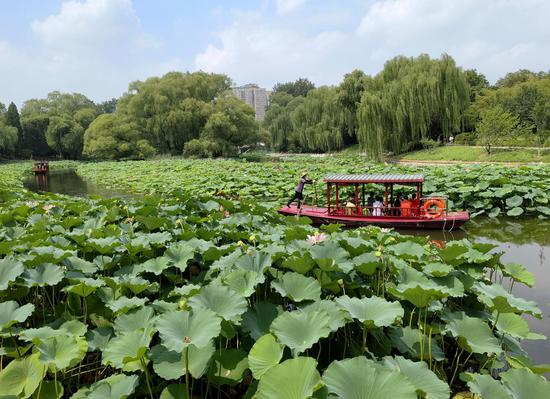
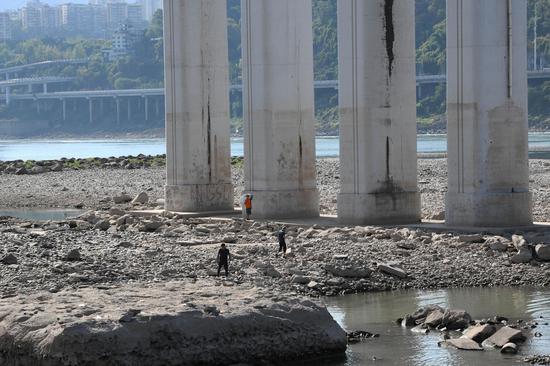
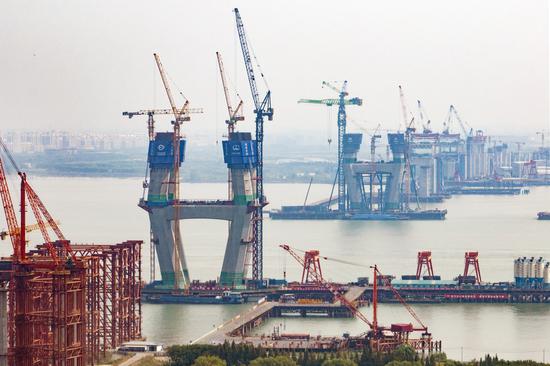
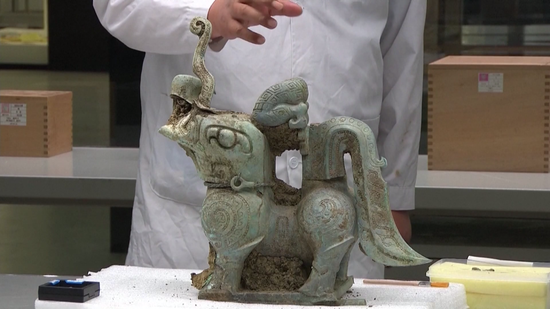
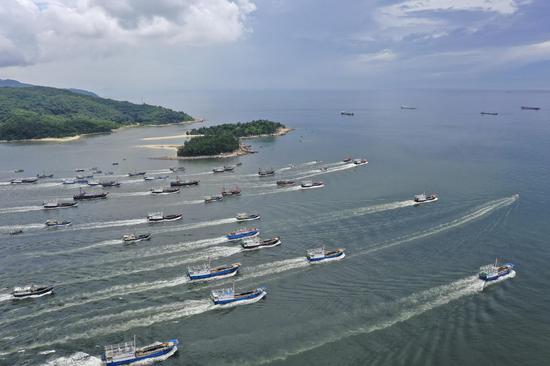
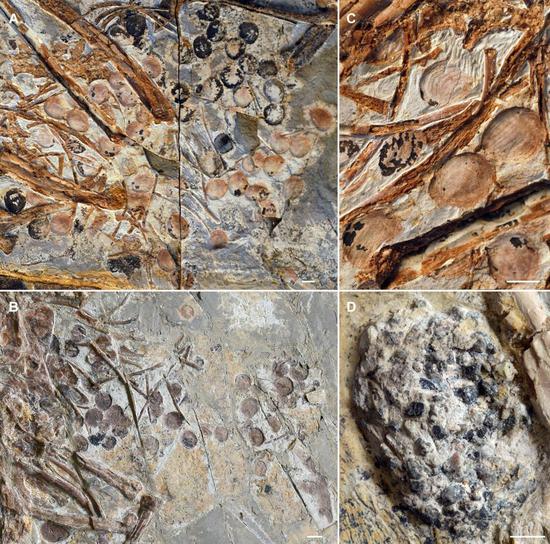

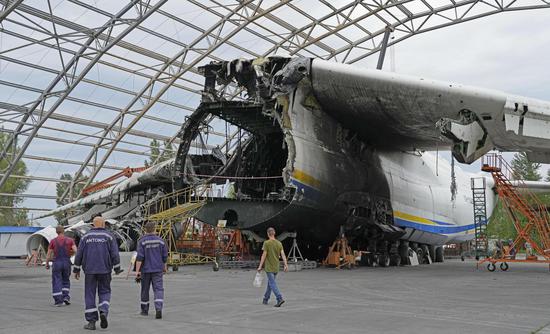
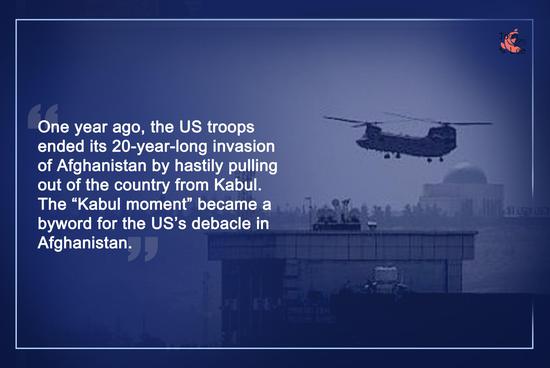
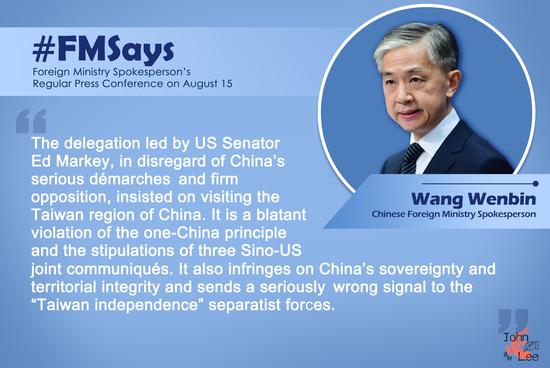

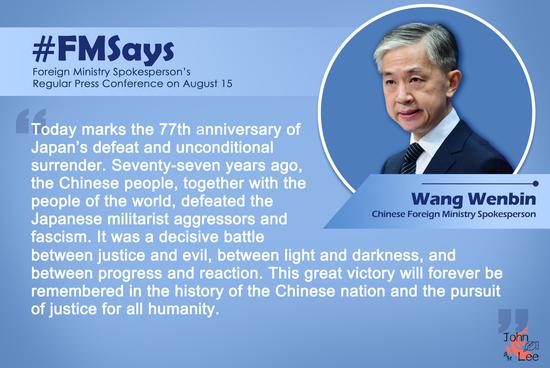
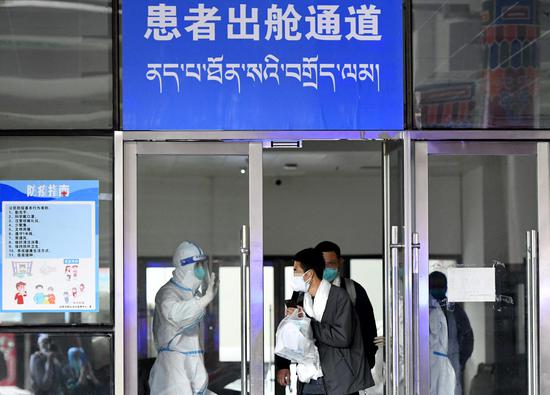
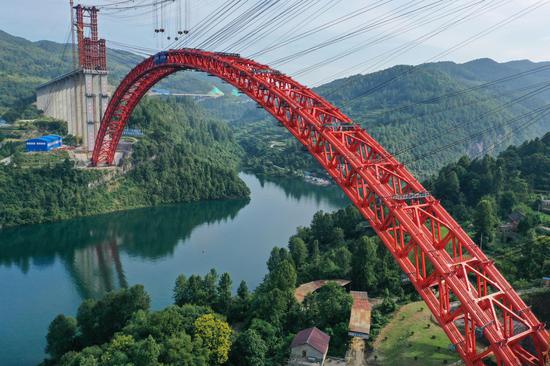
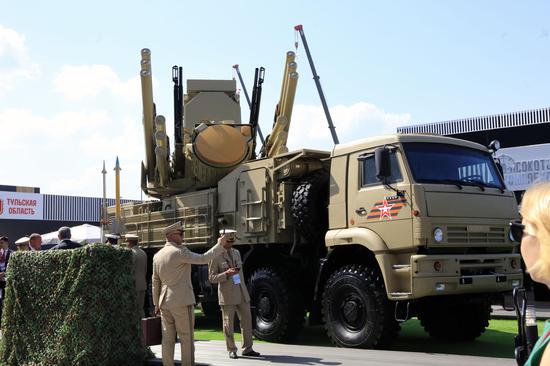
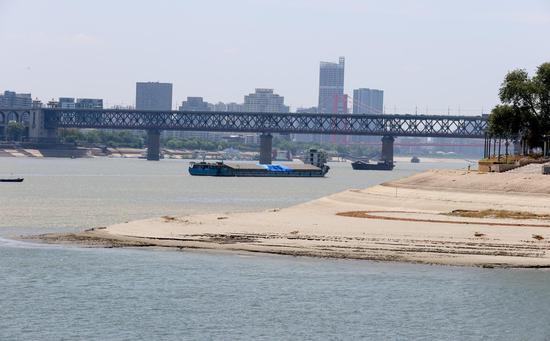
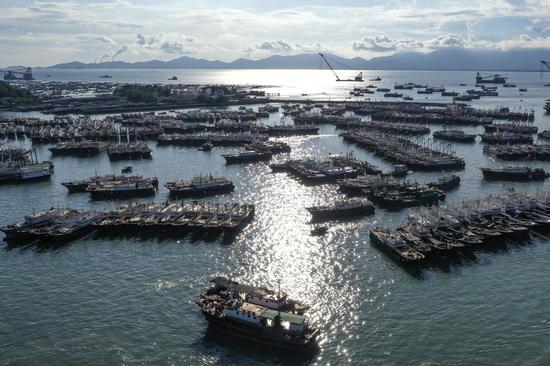
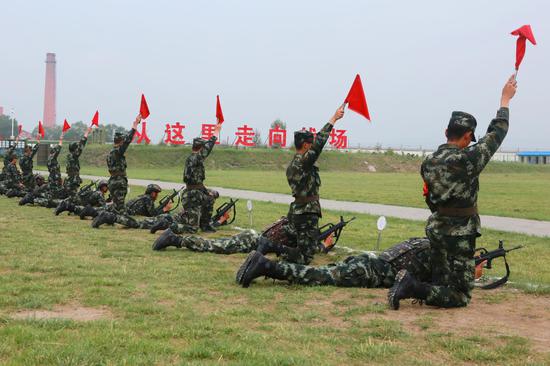
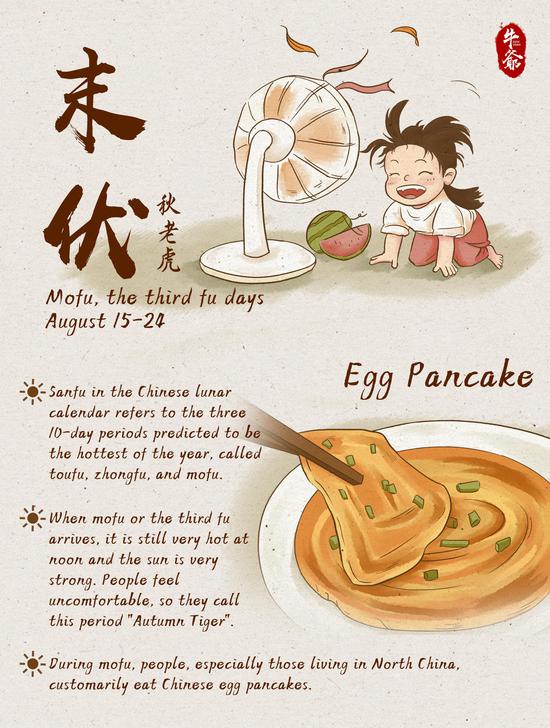
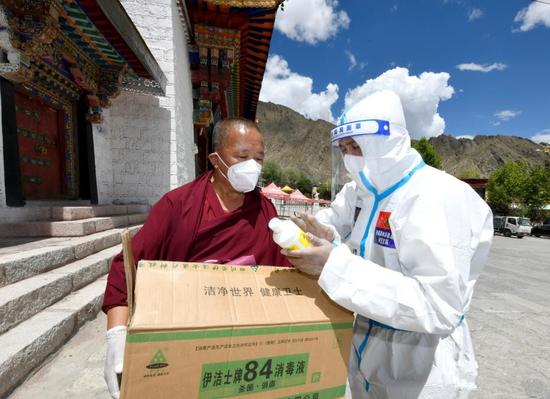
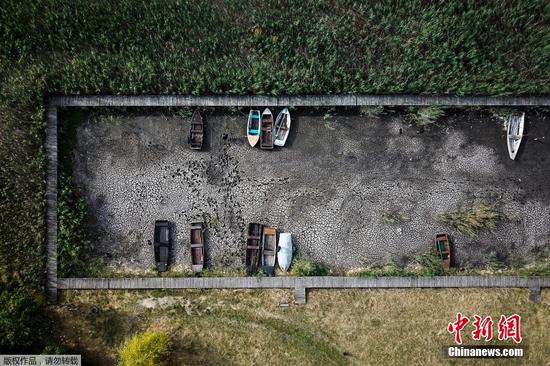
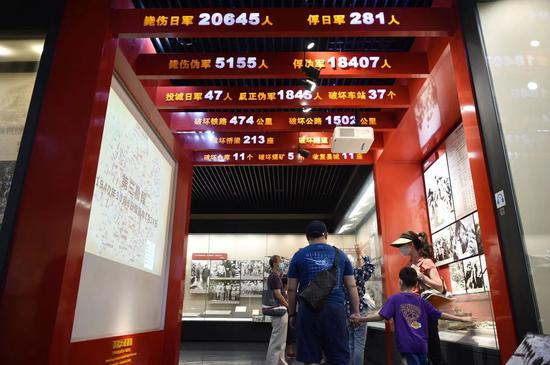
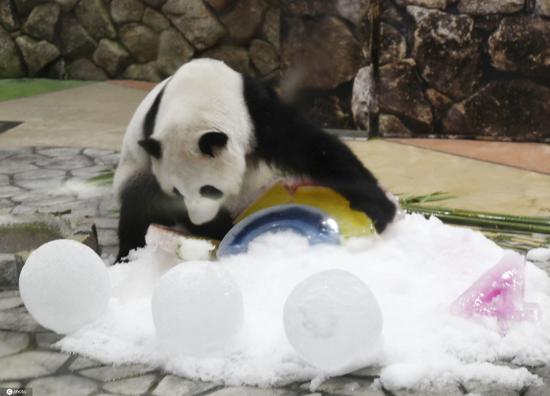
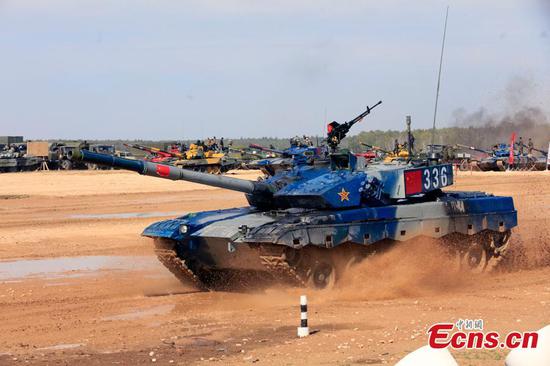
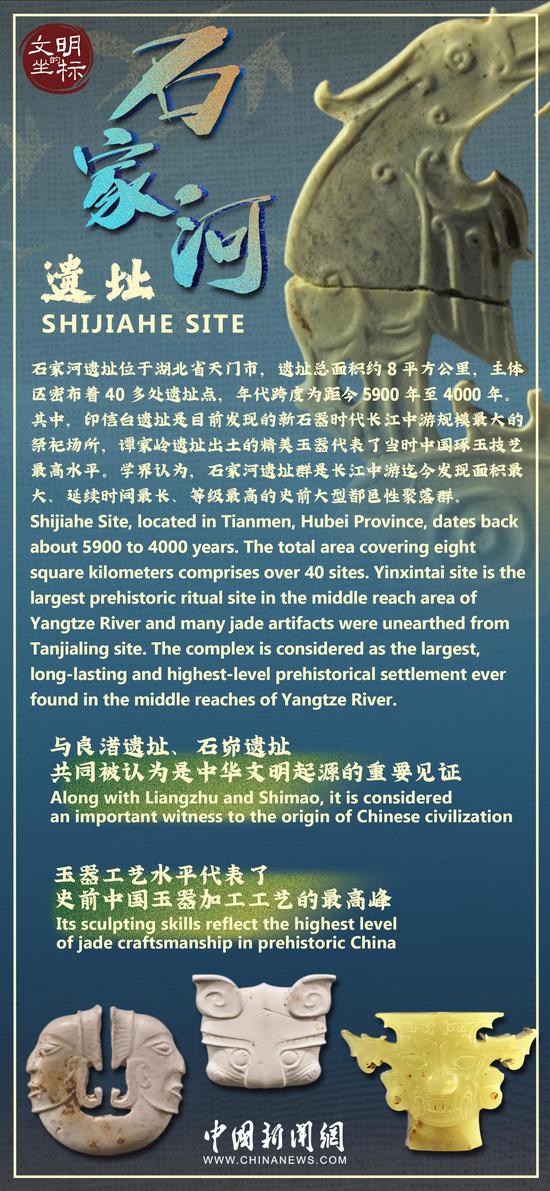
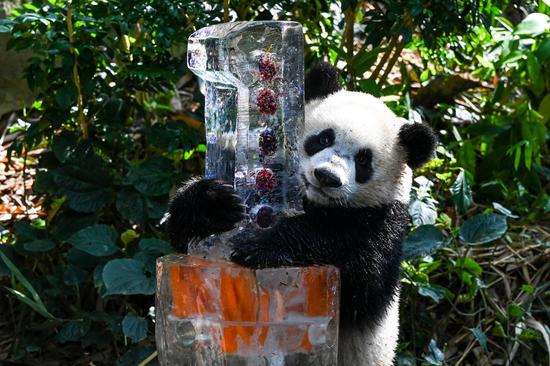
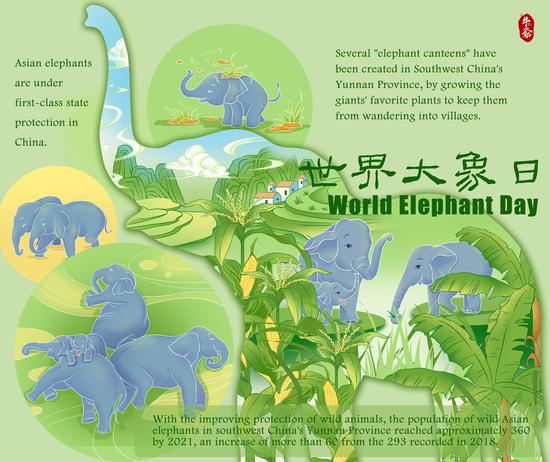
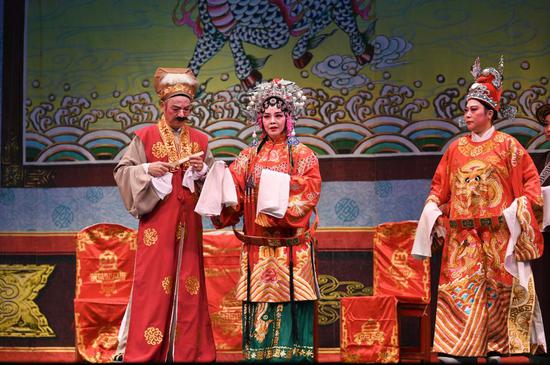
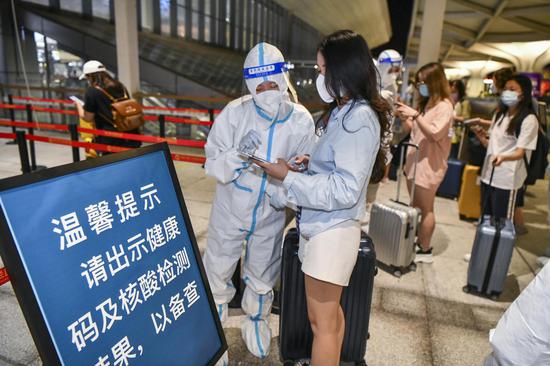
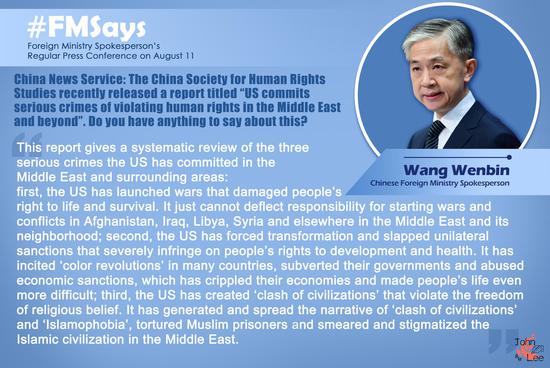
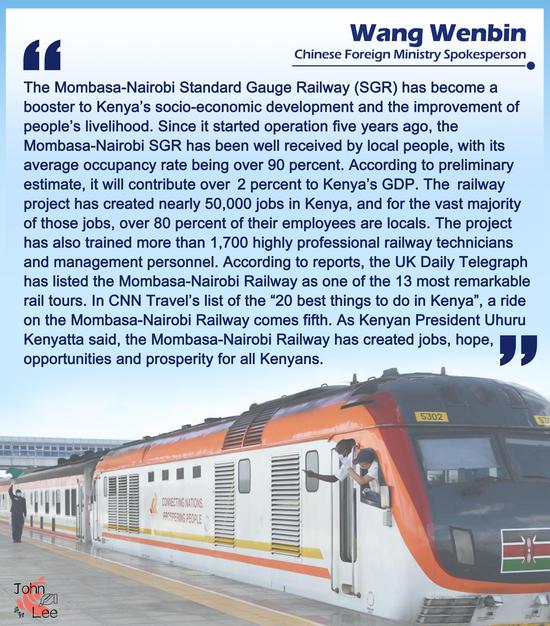
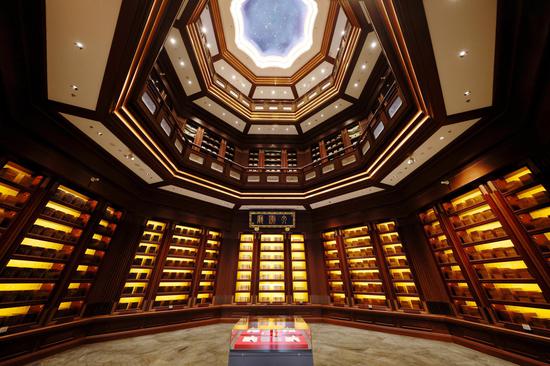
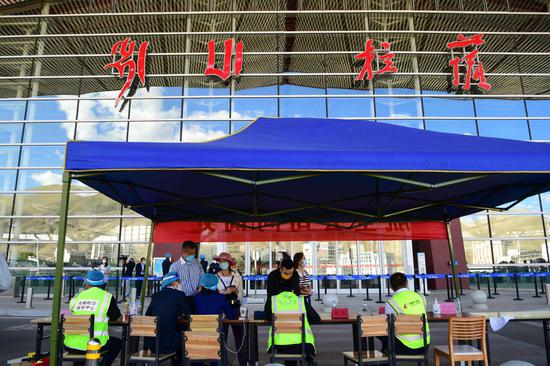
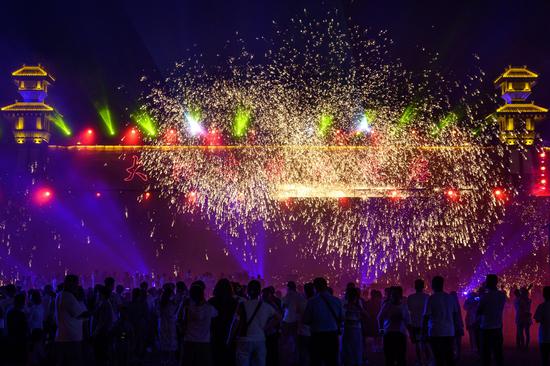
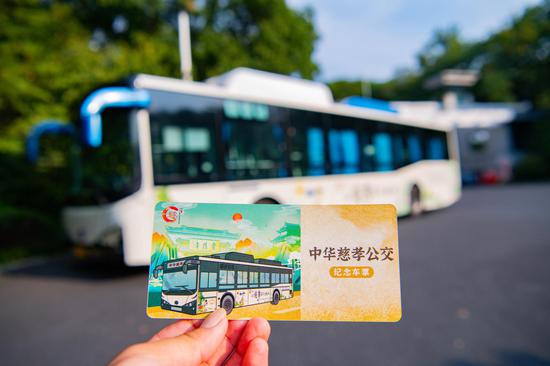



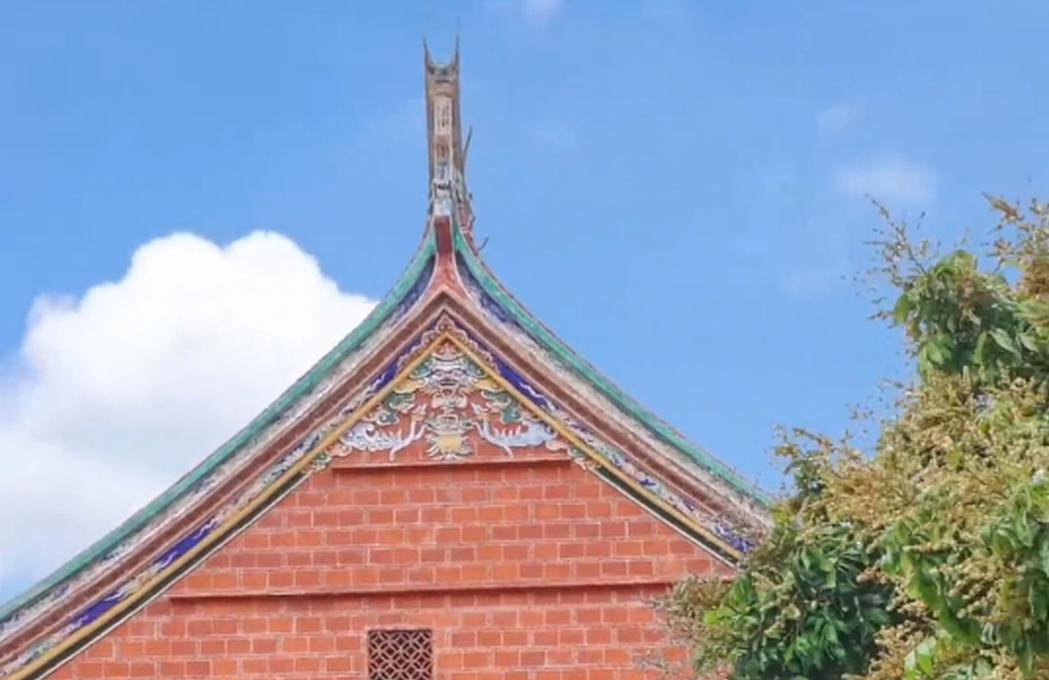

 京公網安備 11010202009201號
京公網安備 11010202009201號